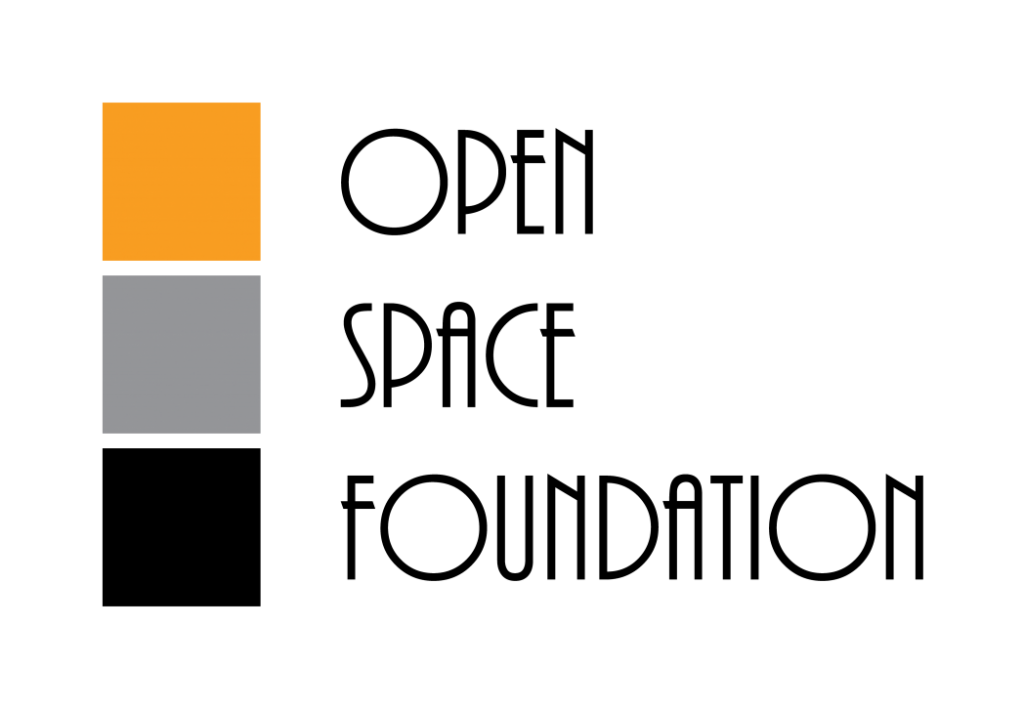
Education as a vaccine
In the week of May 24, the day of our alphabet and culture, we ask the more important question, “What do we say in words?”
Finland (1st place), Denmark (2nd place), Estonia (3rd place), Sweden (4th place) and Ireland (5th place) are at the top of the 2021 ranking of the Media Literacy Index. These countries have the highest potential to establish the negative effects on fake news and misinformation in Europe due to the high levels of quality of education, freedom of the media and trust between people.
Marin Lessenski, author of the report, says that “infodemia creates a crisis of confidence by undermining the faith in medical and scientific knowledge and institutions, which is at the forefront of protection in a health crisis, as well as a crisis of confidence in governance. governs the response to this growing global crisis – health, social and economic ”
The document recommends education as the most optimal approach to dealing with fake news, which should act as a vaccine and ensure resilience to the most important cases of fake news and post-truth. Dealing with fake news and misinformation will reduce the degree of political and public confrontation, increase confidence in public services and contribute to a healthy environment (in advance and literally) during the Kovid-19 pandemic. (report).
In the framework of the project “ACTIon – Promoting active citizenship through civic education and active online participation of youth role models / Promoting active citizenship through civic education and active online participation of young role models” we meet with colleagues from Germany, Greece, Northern Macedonia and Belgium.
The aim is not to increase social and civic competences in order to create knowledge, break down and provide prices and fundamental rights. The focus of our work is to develop digital skills and competences in digitally excluded groups (migrants and disadvantaged young people), as well as to improve critical thinking and media literacy among students, parents and educational staff. In the pilot phase of the project, young people aged 14-25 will go through live training modeled on the Popular Leader (POL), developed by the Health and Social Development Foundation team. After the end of the training materials you will be adapted to use the online format in the format of self-study and access to training on the platform F.I.R.E. (From idea to reality and pursuit), which has free access via mobile phones (for Android and iOs), a colleague from nexus – Germany will adapt the eParticipation platform OPIN.
Partners:
- Nexus Institute for Cooperation Management and Interdisciplinary Research e.V, (nexus) Germany (coordinator)
- Health and Social Development Foundation (HESED), Bulgaria
- Open Space Foundation (OSF), Bulgaria
- ALL DIGITAL, Belgium
- Action Synergy S.A., Greece
- Coalition of Youth Organizations (SEGA), North Macedonia
The project is realized with the the financial support of program “Erasmus+”, Support for reforms, KD3 Social inclusion through Education, training and youth

